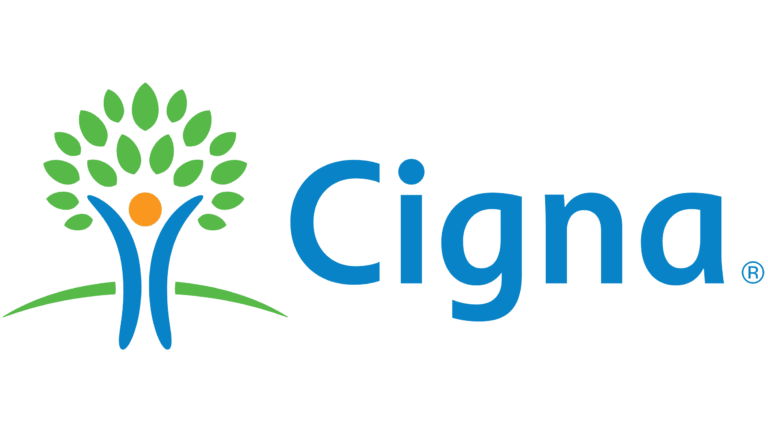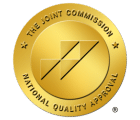The Benefits of Living in a Sober Home After Rehab
Introduction to Addiction Treatment and Sober Living Homes
Addiction treatment is a multifaceted approach to helping individuals overcome substance misuse disorders. It often involves several stages, including detoxification, inpatient or outpatient therapy, and aftercare. While the initial phase of rehab is crucial for detoxifying the body and instilling coping mechanisms, the journey of maintaining sobriety extends well beyond the confines of a treatment center.
Sober living homes serve as transitional residences that provide a structured and supportive environment for individuals who have completed formal addiction treatment. These homes play an essential role in helping individuals navigate the challenges of early sobriety and equip them with the skills and resources needed to sustain long-term recovery.
What is a Sober Home?
A sober home, often referred to as a halfway house or recovery residence, is a group living environment that supports individuals recovering from substance use disorders. Unlike rehab centers that offer intensive therapy and 24/7 supervision, sober homes provide a more relaxed yet structured living arrangement. Residents are typically required to follow house rules, such as curfews and mandatory meeting attendance while participating in daily chores and mutual support activities.
Sober living homes are different from regular living conditions because they are designed to be free of addictive substances, thus promoting a healthy and focused recovery environment. They often include group meetings, peer support, and sometimes professional services like counseling and career coaching.
What to Expect from a Sober Living Home
When you move into a sober home, you can anticipate living in a supportive community of individuals who share similar goals. Here are some standard features and expectations:
Structure and Routine
Sober living homes provide a structured environment with established schedules and rules. This structure helps residents develop a routine, which can be vital for recovery. Expect to abide by curfews, house chores, and mandatory attendance at house meetings or support groups.
Peer Support
One of the most significant advantages of sober living homes is the sense of community they offer. Residents often find comfort and motivation in sharing their struggles and successes with people who understand their journey.
Substance-Free Environment
These homes are strictly drug and alcohol-free, ensuring that residents are not exposed to triggers that could lead to relapse. In the event of triggers, these homes have qualified professionals and resources that can help individuals overcome their desire to use and get back on track to a healthy, sober mindset.
Life Skills Development
Sober homes often provide opportunities to develop essential life skills such as budgeting, job preparation, cooking, and time management. These skills can be critical for achieving long-term sobriety and self-reliance.
Accountability
Regular drug screenings and progress reports to sponsors or counselors hold residents accountable for their actions, helping them stay committed to recovery.
Benefits of Living in a Sober Home
Living in a sober home after completing rehab offers several significant benefits that contribute to long-term recovery:
Support Network
Constant access to a supportive community helps residents combat isolation, a common trigger for relapse. The relationships formed in these communities can provide ongoing emotional support and encouragement.
Gradual Transition
Sober homes offer a bridge between the highly structured rehab environment and the personal freedom of independent living. This gradual transition helps individuals adjust more comfortably to the demands of daily life while maintaining their sobriety.
Enhanced Accountability
Frequent drug testing and progress evaluations ensure that residents remain accountable, thereby reducing the risk of relapse. This accountability is designed to foster a sense of responsibility, which can be beneficial long after leaving the sober home.
Reinforcement of Recovery Principles
Daily life in a sober home reinforces the coping strategies and principles learned during rehab. Regular participation in group therapies or 12-step meetings fortifies these lessons, making them a natural part of daily life.
Reduction in Stress and Triggers
By living in a controlled environment without access to drugs or alcohol, residents can significantly reduce exposure to potential triggers. This makes it easier to focus on recovery without the constant fear of relapse.
Career and Educational Support
Many sober homes offer resources to assist residents in pursuing educational opportunities or entering the workforce. This support is invaluable for rebuilding one’s life post-rehab, offering a path to financial stability and personal fulfillment.
Continue Your Healing Journey with a Safe and Supportive Sober Home
Transitioning from rehab to independent living is a crucial phase in the recovery journey, and a sober home can offer the support and structure necessary for lasting sobriety. With the extensive benefits of peer support, accountability, life skills development, and a stable living environment, sober homes are an excellent choice for anyone committed to long-term recovery.
If you or a loved one is navigating the path to sobriety and seeking a supportive living arrangement, consider the sober living options at Palm Beach Recovery Centers. Our comprehensive programs are designed to help you maintain your hard-earned sobriety and build a fulfilling, substance-free life.
Contact Palm Beach Recovery Centers today to learn more about our sober living homes and take the next step toward lasting recovery. Your future health and happiness are just a phone call away.
By providing this informative and encouraging content, you help individuals in recovery understand the invaluable benefits of sober homes and guide them toward sustained sobriety.









